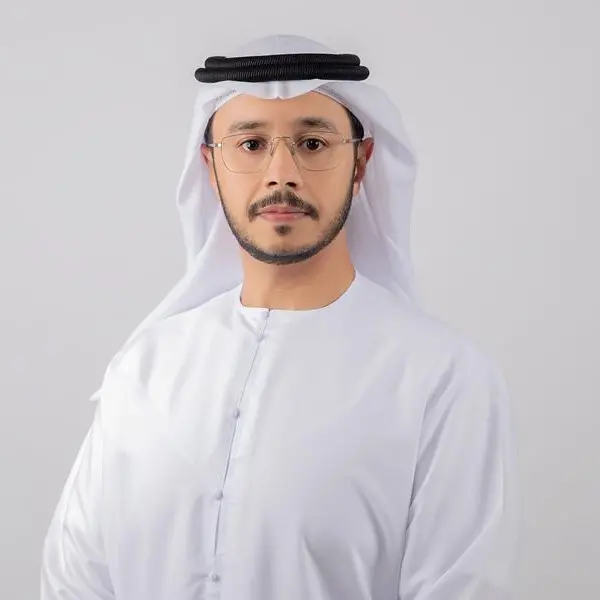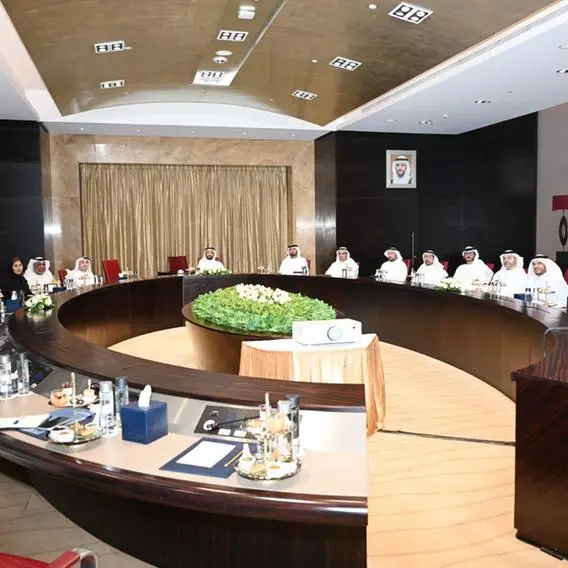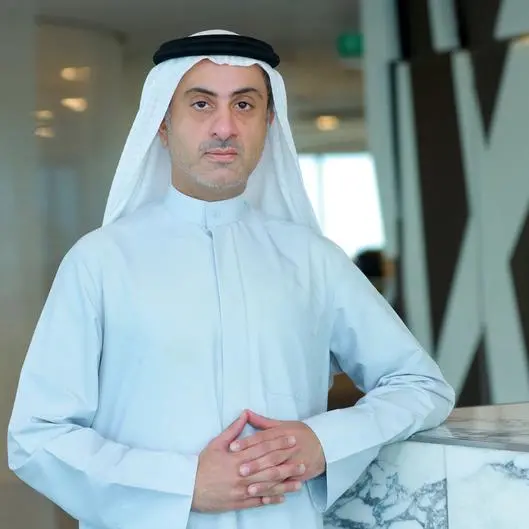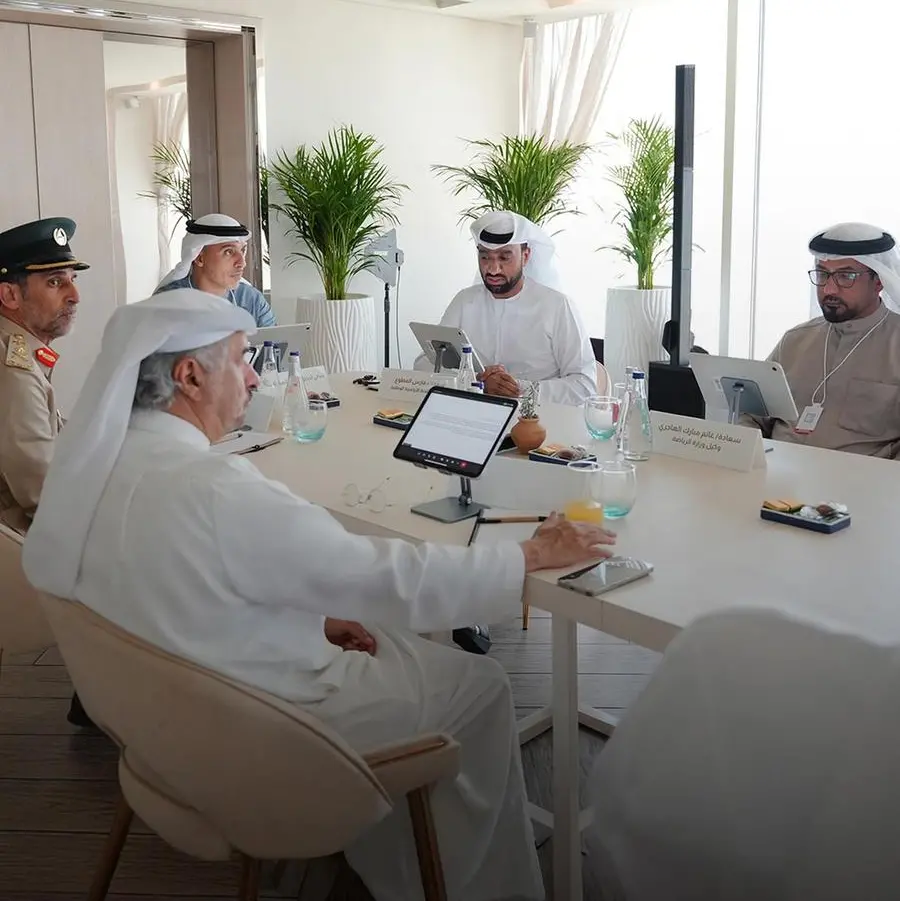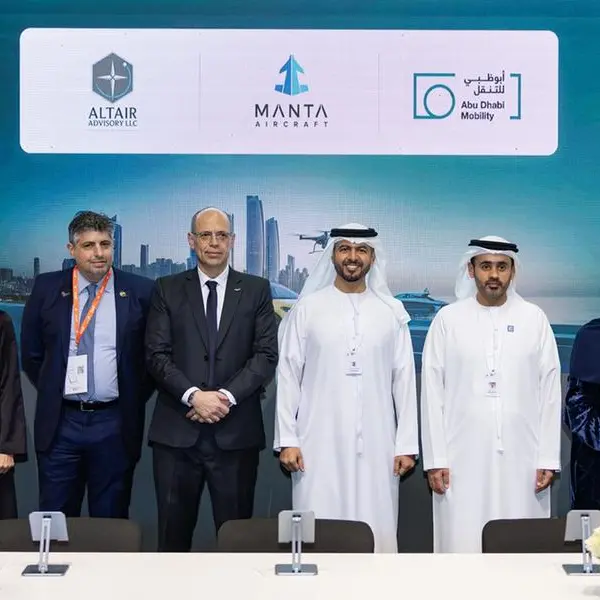PHOTO
Riyadh, KSA – The UAE Ministry of Finance participated in the 2024 Islamic Development Bank (IsDB) Group Annual Meetings held from 27 to 30 April 2024 in Riyadh, KSA. This year’s annual meetings coincided with the Golden Jubilee of IsDB, marking the Bank’s 50th anniversary since its establishment.
The Board of Governors and General Assemblies are the IsDB Group’s highest decision-making bodies. The annual meetings, held under the theme ‘Cherishing our Past Charting our Future: Originality, Solidarity and Prosperity’, brought together delegations from member countries, in addition to observers from international and regional organisations, to discuss development issues and institutional matters.
His Excellency Mohamed Hadi Al Hussaini, Minister of State for Financial Affairs, headed the UAE delegation participating in the meetings, which included His Excellency Younis Haji Al Khoori, Undersecretary of the UAE Ministry of Finance, Ali Abdullah Sharafi, Acting Assistant Undersecretary for International Financial Relations at the UAE Ministry of Finance, and several specialists from the UAE Ministry of Finance.
His Excellency Mohamed Al Hussaini highlighted that the IsDB Group’s annual meetings are a key platform to discuss ways to enhance cooperation among Islamic member countries, achieve sustainable and comprehensive development within them, and transform their economies into sustainable and diversified economies capable of weathering in the face of crises.
During the Governors’ Roundtable Meeting, themed ‘A Pathway to Prosperity for Least Developed IsDB Member Countries’, His Excellency Al Hussaini noted that the UAE prioritises the stability and prosperity of developing and lower-income countries. He emphasised the UAE’s continued efforts to provide foreign aid and international development programs aimed at meeting people’s needs, reducing poverty, and contributing to building financing for pioneering development projects.
His Excellency also pointed out the need for IsDB to take tangible measures that enable it to increase its concessional financing to least developed member countries to enhance its development capacity and support the achievement of Sustainable Development Goals, in addition to aiding member countries in managing risks and disasters, by providing new financing solutions to enhance development within them.
His Excellency Mohammed Al Hussaini praised the contribution of the IsDB Group and its entities, such as the Islamic Solidarity Fund for Development, to increase the impact on Islamic societies and people’s lives, with the participation of private sector organisations in implementing sustainable development projects.
His Excellency noted the need to enhance coordination between multilateral development banks to increase financing, especially in light of the growing needs of the least developed countries, and the importance of exploring new ways to enhance blended financing.
During the Golden Jubilee Celebration, His Excellency Al Hussaini highlighted that the relationship between the UAE and the Islamic Development Bank Group represents a model of strategic partnership for achieving sustainable development in many member countries. His Excellency also praised the bank for maintaining its current credit rating (AAA) despite the ever-changing circumstances of some member countries that are affected by political, economic, and environmental crises. He emphasised the importance of unifying efforts to avoid any negative effects on the group.
Participations
The 2024 IsDB Group Annual Meetings included a plenary IsDB Group Board Meeting, and the Governors’ Roundtable Meeting, garnering the participation of the Ministers of Economy, Planning, and Finance, from the Bank’s 57 member countries, alongside representatives from international and regional financial institutions, Islamic banks, national and international development financing institutions, chambers of commerce and industry, and business councils. The meetings also included a series of sideline seminars and workshops focused on socio-economic development and international cooperation, in the presence of top-level experts from governments, international and regional organisations, the private sector, academic and research institutions, and civil society.

